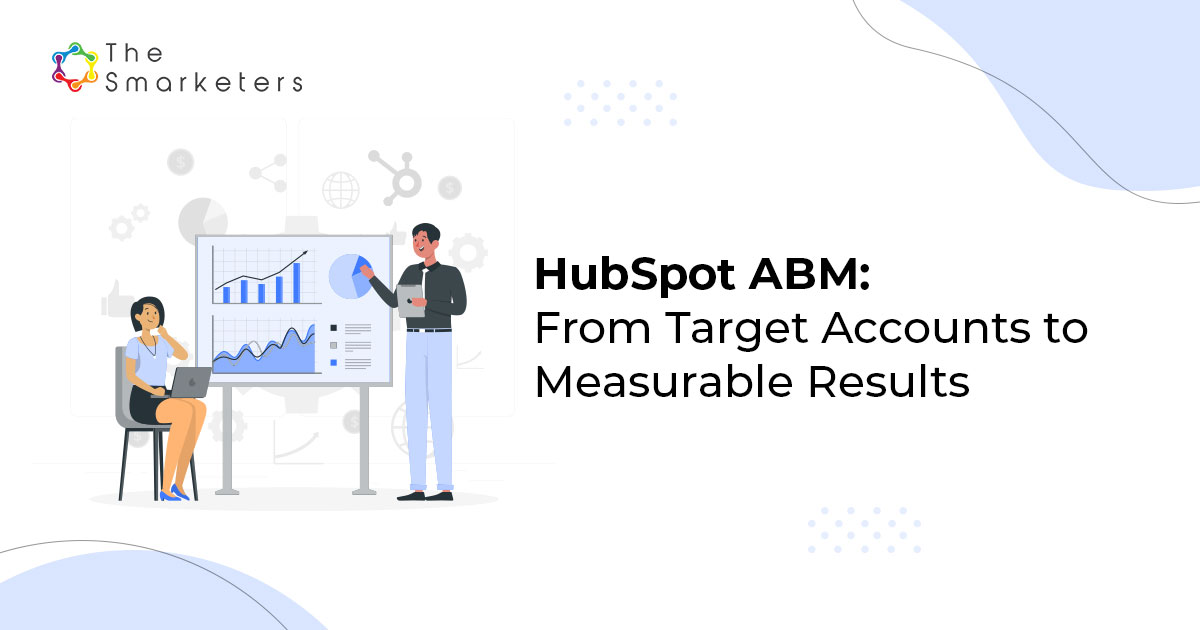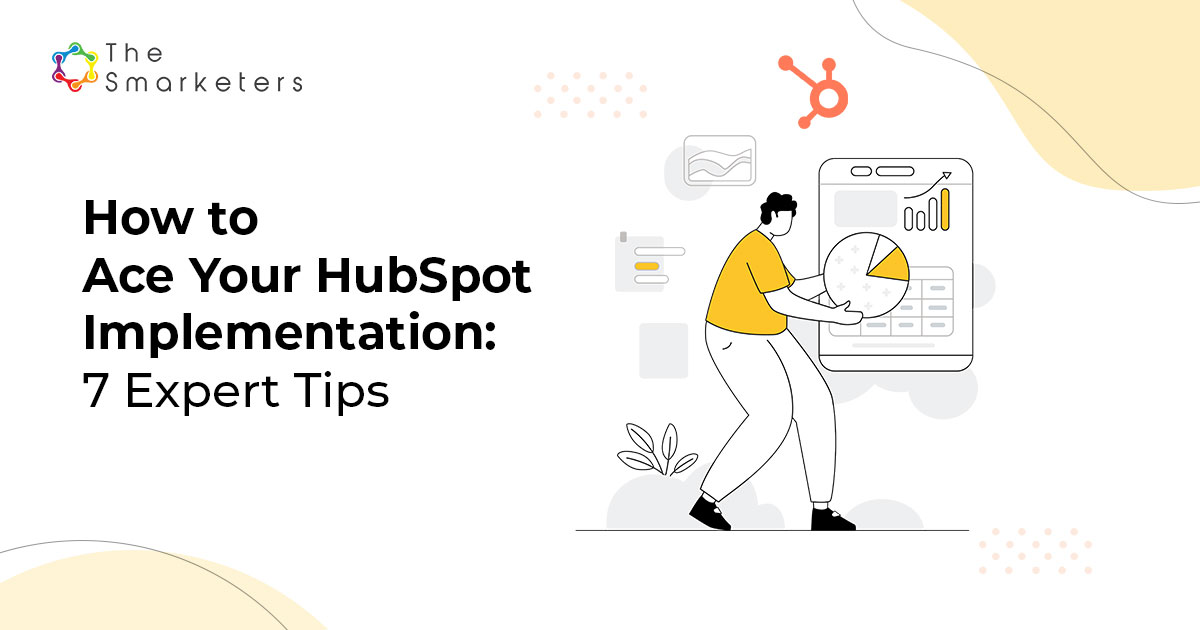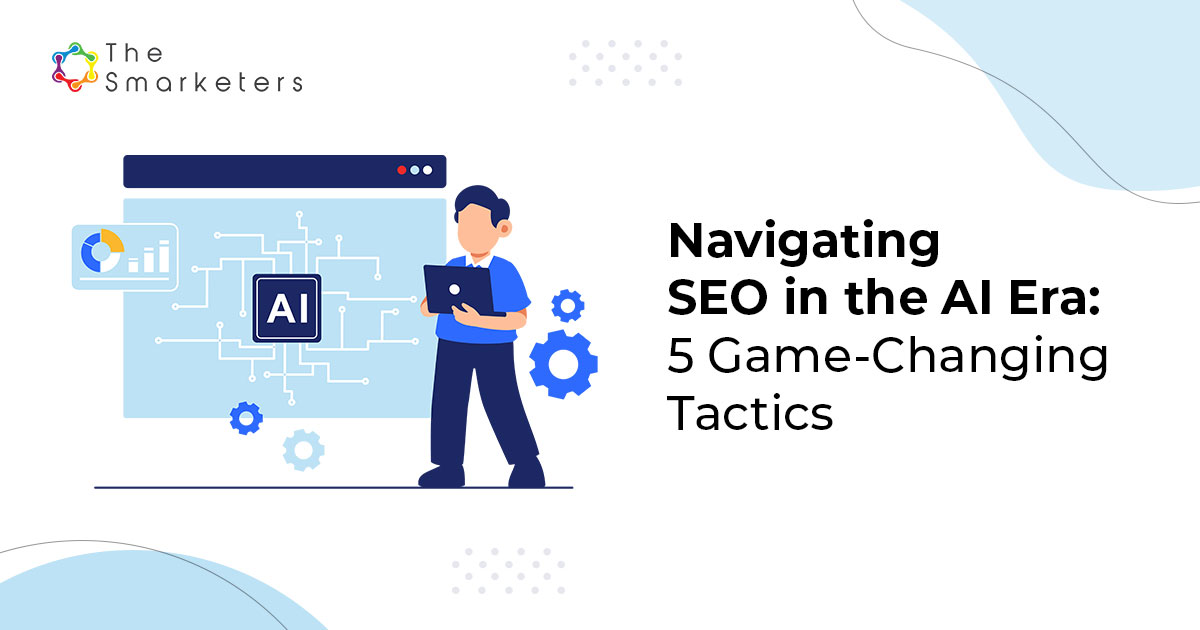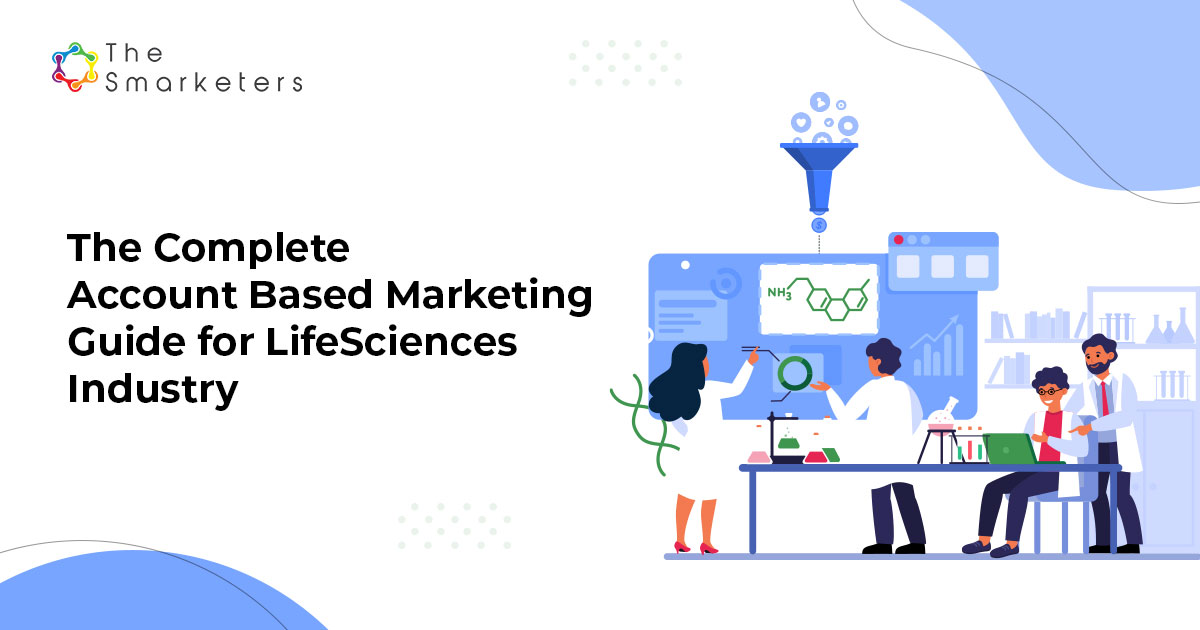Modern tech-savvy consumers looking for a local business to meet their needs begin their search online. The popularity of “near me” searches continues to skyrocket on Google, making local SEO the key to ensuring your business isn’t overlooked.
Search engines rely on multiple factors, including social profiles, links, citations, and local content, to deliver highly targeted and relevant local search results to users. Local SEO brings together these elements, allowing businesses to connect their products and services with nearby customers actively seeking them.
While 46% of Google searches are for local businesses, almost 76% of users conducting “near me” searches visit a business within a day. However, appearing in local search results is not enough; your local SEO game should be well-planned and optimized to secure a place in Google’s top 3 results for a local business search.
Moreover, with 87% of consumers using Google to assess local businesses, your local search ranking decides how well your business fares among local competitors.
So, how do you craft the most successful multi-location SEO strategy for 2025?
This guide will cover the essentials of local SEO and explore the latest trends to help you formulate a winning strategy that maximizes your online visibility.
Read on to learn how to manage local SEO for your business and explore the top local SEO tips for 2025.
Understanding Local SEO: A Guide to Local Search Engine Optimization
Local SEO is designed to boost a business’s online presence within a particular geographic region, such as a city or local area. It is, in effect, putting your business on the digital map within your immediate community.
Local SEO for multiple locations is a fantastic tool for small businesses, brick-and-mortar stores, and service providers who rely on attracting customers from nearby areas in their immediate vicinity. It ensures that when people nearby search for what you offer, your business is front and center, increasing the likelihood of them choosing you over the competition.
In a nutshell, local SEO is about ensuring your local community can easily find you online.
Importance of Local SEO for Multi-location Businesses
Local SEO for multi-location businesses enables businesses to connect with their local communities, stand out in the digital landscape, and gain a competitive advantage. It improves online visibility and growth.
Here’s a breakdown of how local SEO contributes to the growth of multi-location businesses:
- Enhanced visibility: Local SEO ensures your business appears prominently in local search results. When people search for products or services you offer in your area, they’re more likely to find and contact your business.
- Targeted traffic: Local SEO drives highly relevant traffic to your website and physical storefront, connecting you with potential customers actively seeking your offerings within the local vicinity.
- Competitive edge: By optimizing your local SEO, you can outperform competitors in your area, increase your market share, and become the preferred choice for local consumers.
- Improved user experience: Local SEO encourages you to create user-friendly websites with relevant and engaging content. This appeals to visitors and satisfies search engine criteria, contributing to higher rankings.
- Mobile optimization: With digital searches skyrocketing, local SEO ensures your mobile-friendly online presence. It means your business can be easily found on smartphones, which is crucial for attracting on-the-go customers. Google reports that 60% of mobile users have contacted a business directly from the search results.
- Positive reputation: Managing online reviews and encouraging satisfied customers to leave positive feedback can significantly boost your reputation and trustworthiness, making people more likely to choose your business.
- Cost-effective marketing: Local SEO is a cost-effective marketing strategy compared to traditional advertising. It lets you reach a targeted audience without needing a large marketing budget.
- Data-driven decisions: Local SEO lets you track and analyze your online performance. The insights gained help you understand what’s working and which areas need improvement, helping you make informed decisions and refine the SEO strategy accordingly.
Who Needs Local SEO?
Local SEO benefits a wide range of businesses and organizations serving specific geographic areas. Below is a detailed breakdown of who can benefit from local SEO:
- Small businesses: Local SEO is a lifeline for small businesses, helping them compete with larger corporations in their local markets. It’s a cost-effective way to gain visibility and attract local customers.
- Brick-and-mortar stores: Physical retail stores, restaurants, cafes, and other establishments benefit immensely from local SEO. It ensures that nearby customers can find their locations, hours of operation, and contact information easily.
- Service providers: Businesses offering local services, such as plumbers, electricians, contractors, and salon services, rely on local SEO to connect with consumers seeking expertise.
- Medical and healthcare practices: Doctors, dentists, and healthcare providers operating in specific regions use local SEO to attract new patients. It allows them to showcase their services and credentials to locals seeking medical care.
- Hospitality industry: Hotels, bed-and-breakfasts, and local accommodations depend on local SEO to fill rooms and attract tourists. Optimized online profiles and positive reviews are crucial for this sector.
- Online retailers with physical stores: Businesses with both an e-commerce and physical store presence can benefit from local SEO, which can drive traffic to their brick-and-mortar locations.
- Professional services: Lawyers, accountants, teachers, consultants, and other professional service providers can use local SEO to reach potential clients in their areas.
- Franchise businesses: Franchise owners can use local SEO to promote their franchise locations. It ensures consistent branding while catering to local customer preferences.
- Community organizations: Local SEO isn’t limited to businesses. Community groups, non-profits, and government agencies can use it to inform residents about local events, services, and initiatives.
- Artists and entertainers: Musicians, artists, and entertainers can use local SEO to promote their gigs, shows, and events in specific cities or regions.
How to Improve Your Local SEO Strategy: Best Practices
As a new business, the key to growth is to start small and go local, which brings us to the ultimate question: How to Manage Local SEO for Your Business?
Local SEO is all about being the neighborhood favorite. The trick is to create an active community presence while keeping.
Here’s a list of some of the best local SEO strategies to grow your business in 2025:
- Claim Google My Business: Complete your Google My Business listing with address, phone, website, and hours for easy customer access. Add quality photos to build credibility and also share your business listing on social media channels to maximize visibility.
- Use local lingo: Use local language in your content to match what locals search for online.
- Ensure NAP consistency: To avoid confusion, keep your name, address, and phone (NAP) information the same across all platforms.
- Respond to reviews: Encourage happy customers to leave reviews on Google and platforms like Yelp for trust and better search rankings. Respond to reviews, even the negative ones, to show commitment and consistency.
- Show up in directories: List your business in local directories like the Yellow Pages or Yelp to boost your online visibility.
- Make your site mobile-friendly: Optimize your website for mobile search since a bulk of local searches happen on mobile devices.
- Content Marketing For Local SEO: Create top-notch local content that addresses your community’s needs and interests. Build highly informational, top-of-the-funnel content that highlights your expertise and offers a unique value to potential customers that extends beyond your direct offerings.
- Strengthen backlinks: Build relationships with local websites and get local backlinks to boost authority and visibility.
- Engage on social media: Interact with locals on platforms like Facebook, Twitter, and Instagram. Share local news, events, and promotions to stay on their radar.
- Stay up-to-date: Ensure that your business information is current and updated. This ensures accuracy and reliability.
- Track progress: Monitor website and listing performance with tools like Google Analytics and Google Search Console for insights and improvements.
Conclusion
Running a multi-location business takes some smart moves, and that’s where SEO strategies for multi-location businesses come into play. With these strategies, each of your business locations can shine in the digital world, grabbing the attention of your local audience.
The Smarketers is here to be your strategic ally. We are experts at crafting winning B2B marketing strategies for multi-location businesses and a trusted partner for top-notch solutions in sales enablement. Our tools and strategies empower your sales team to close deals effectively and efficiently.
Ready to take your multi-location business to the next level? Reach out to us today!












